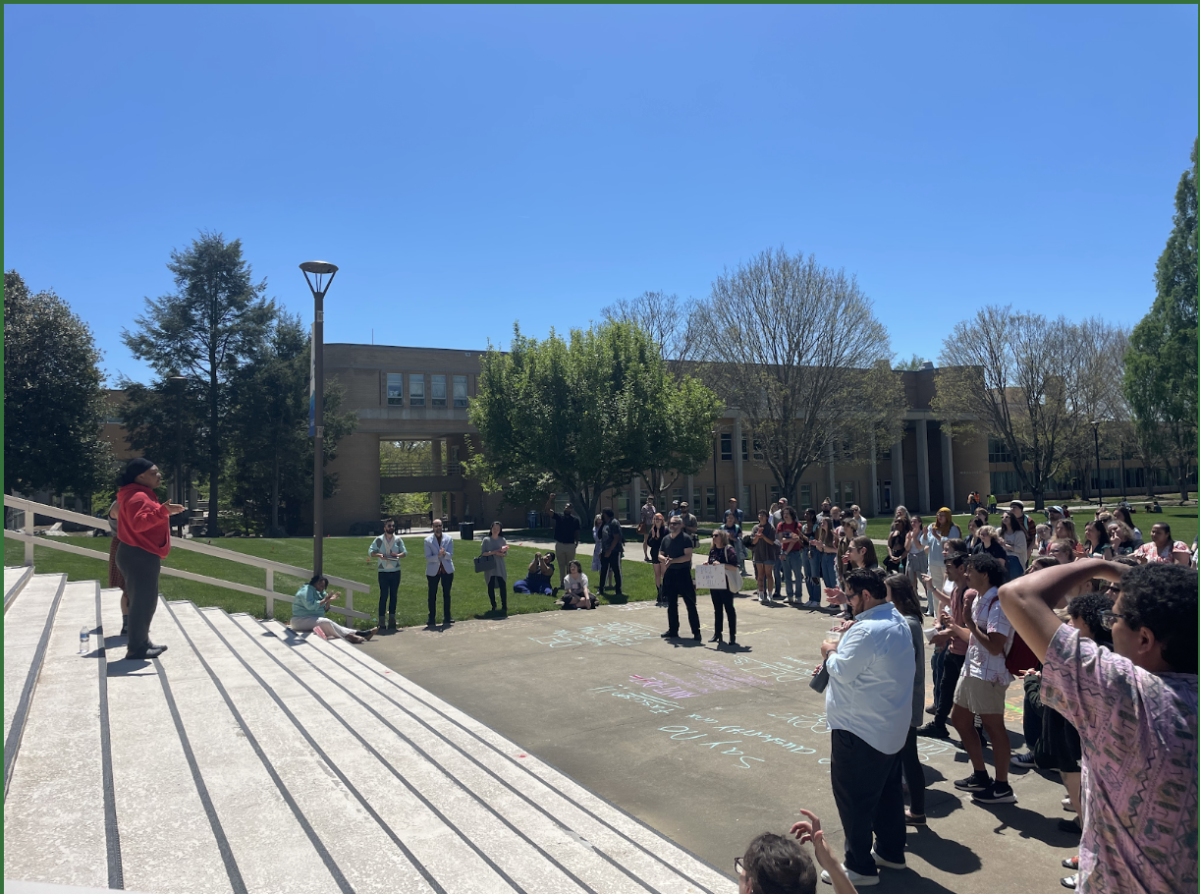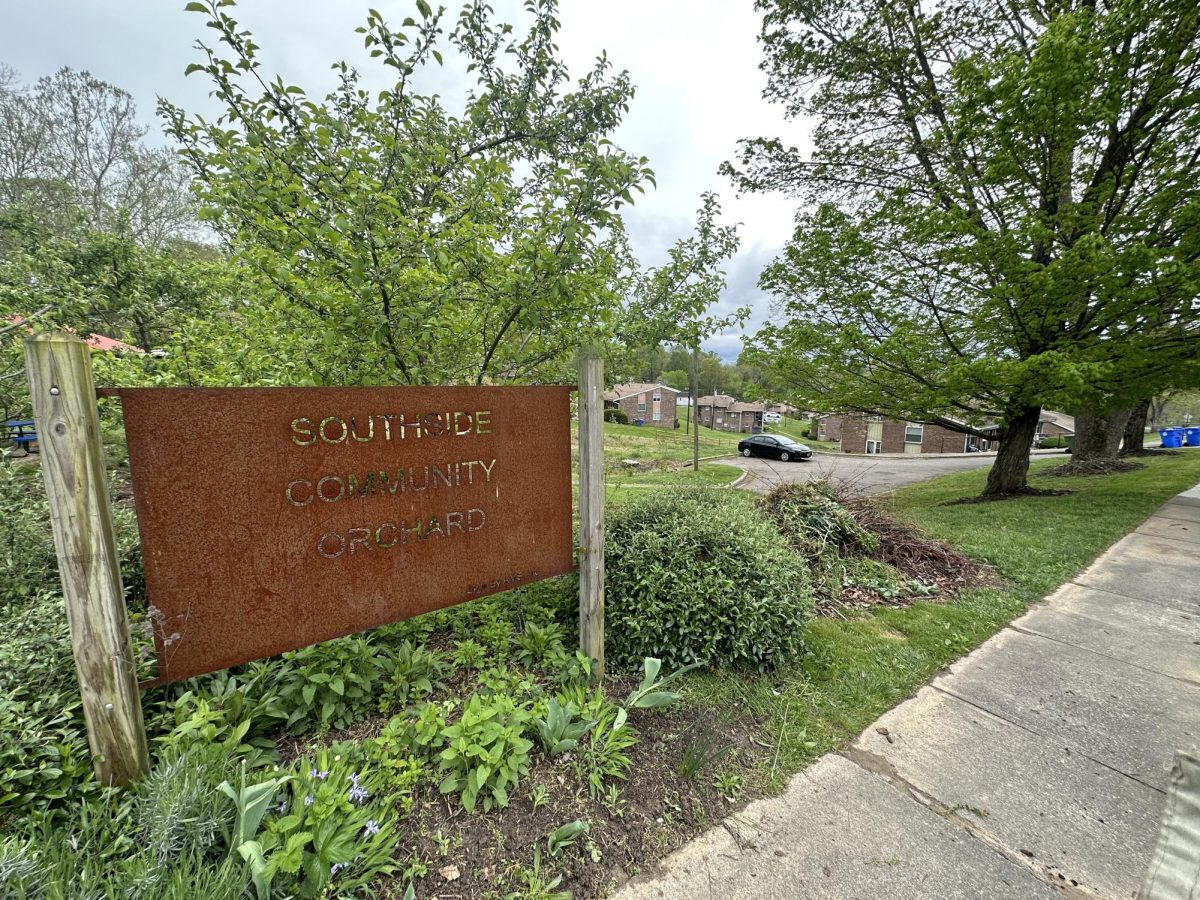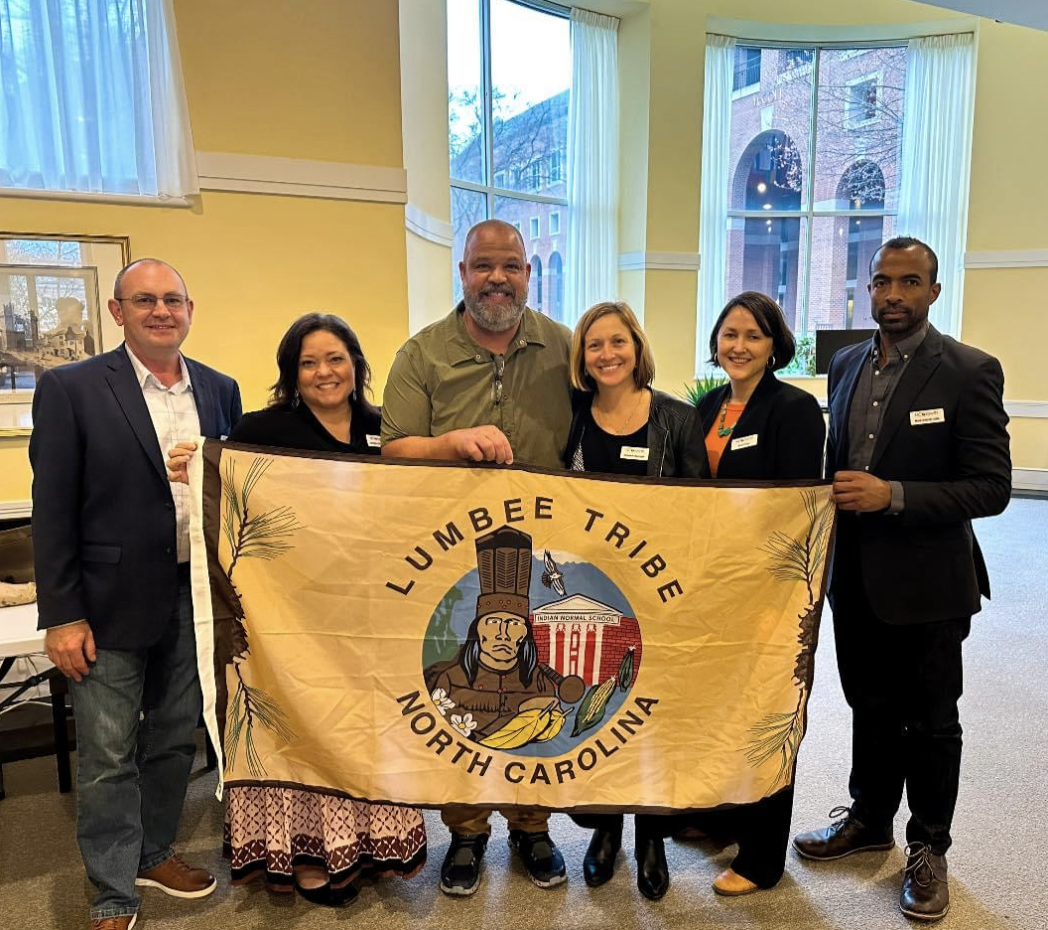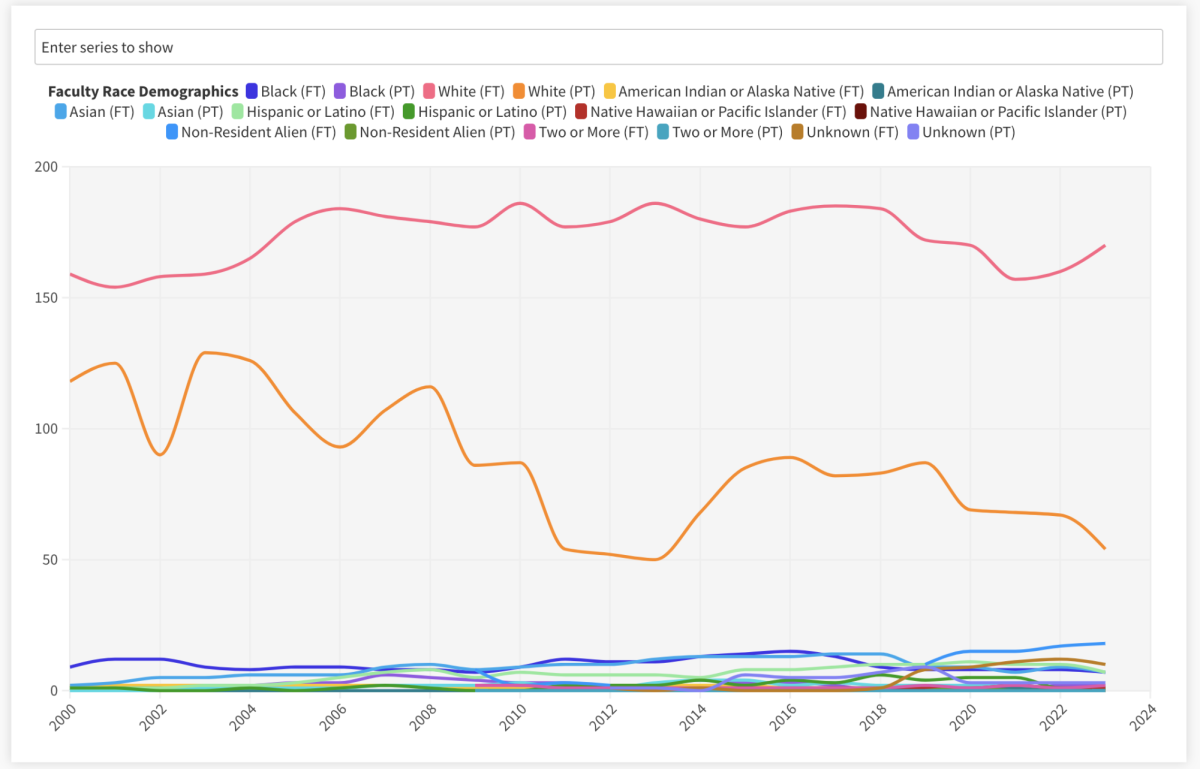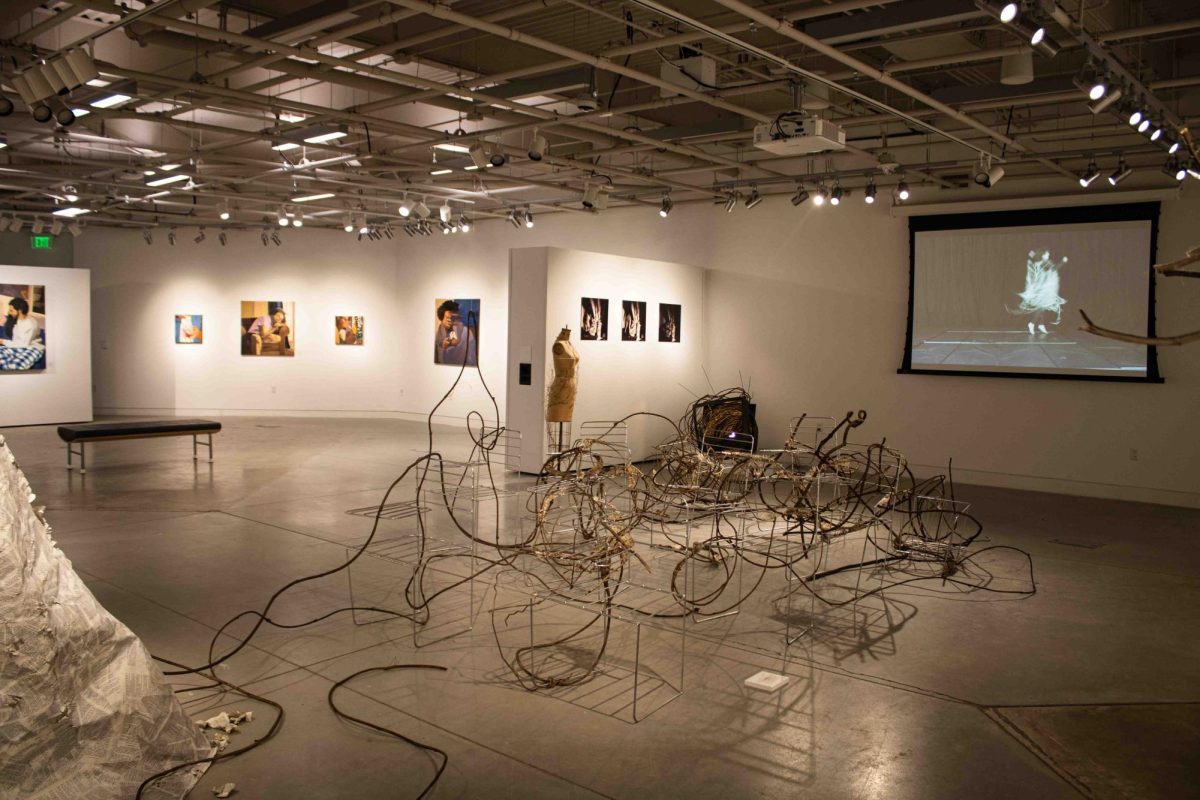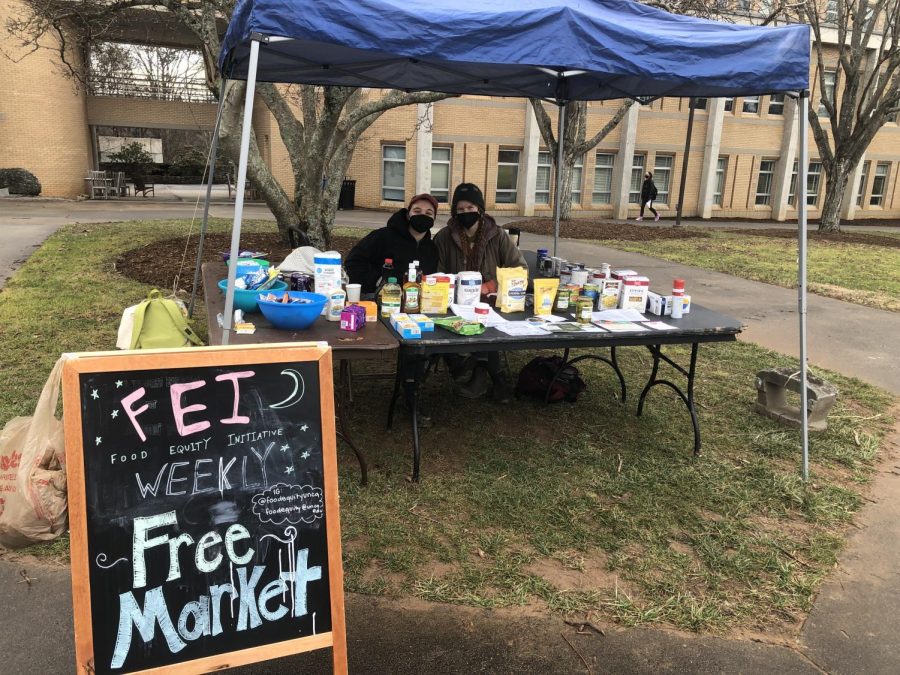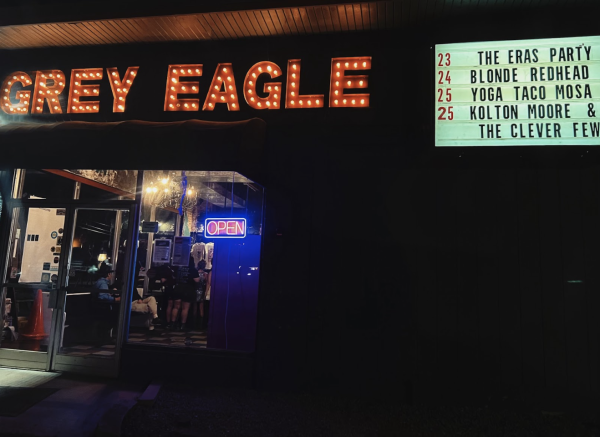UNCA student organizations fight against food insecurity
Naomi Todd and Julia Weber at the weekly FEI free market on Jan. 17
January 24, 2023
Food insecurity is an ever-present problem nationwide, with a significant number of families and individuals struggling to have consistent access to substantial food.
Across UNC Asheville’s campus there are a number of student led organizations, some of which fight to combat hunger and food insecurity.
The Food Equity Initiative is a student-run organization led by co-directors Naomi Todd and Julia Weber. The organization focuses on eliminating food security in the campus community.
“We’re really coming from the standpoint that food should be free, no questions asked,” said Weber. “We’re into food sovereignty, food justice and food liberation.”
Every Tuesday from 12-2 p.m., the FEI sets up a free market tent on the quad, distributing hearty and nutritious food donations completely free of charge. Showing up to the table also brings lively conversation and kindness.
“Food access on college campuses is a huge deal,” Todd said. “Meal plans can be so expensive, and it’s really important to have this resource available.”
The organization has hopes to collaborate with other campus resources to help create an even larger impact on the well-being of students.
“We have been wanting to work with the student health ambassadors a little bit more. Since this is a student health organization, coordinating with them could be beneficial for both groups,” Todd said.
As the FEI looks toward the future, Todd and Weber have ideas that could expand the organization’s impact and reach.
“We’ve been doing a lot of dreaming together,” said Weber. “We’d like to be a platform for deeper community connection, with the ultimate goal of getting more people connected to more food and resources.”
For the FEI, significantly assisting the greater Asheville community is a goal they strive for.
“We really want to connect with some of the mutual aid stuff happening in Asheville and expand our reach to a wider area, bringing more awareness to our table about more organizations that have the same goals as we do,” Todd said.
A different student organization, UNCA Food For the Unhoused, focuses on donating meals to unhoused people in downtown Asheville. The organization is led by UNCA student Kenny Dukes.
“Being president of the FFU has made me realize that the housing crisis in Asheville is the most severe danger to our community,” said Dukes. “The poor of Asheville are often given two options: get out of the city, or get out on the streets.”
The FFU meets at 2 p.m. on Sundays at the Down Under on the bottom floor of Ponder Hall. The organization is composed of students donating their time and spare meal equivalencies.
“To become involved you just need to have leftover meal equivalencies on Sunday. They reset the following day, so it’s no loss to the person who donates. Seriously, it’s just five minutes,” Dukes said.
As they look to the future, the organization aims to improve on the amount of food donated. Even one additional meal could make a massive difference in a person’s life.
“We’d really like to get at least 15 meals donated every week. Last semester, it was around 12 every week, so it’d be great to crank that number up. The meals we give out are often taken within 30 seconds of dropoff,” Dukes said.
The unique nature of an organization where an average student can help so easily is such an asset for the campus and for Asheville as a whole. Dukes hopes that as many people as possible will participate this semester, as the organization would welcome them with open arms.
“The conditions the unhoused are submitted to, and the disregard of them by everyone are truly awful,” said Dukes. “In the end, this is an issue which individual effort cannot wholly fix, but that does not mean we should not help. We are all in the same family.”
UNCA students can often find what they’re looking for in organizations like these, whether it be giving or receiving essential aid. They exist as pillars of the campus community.
